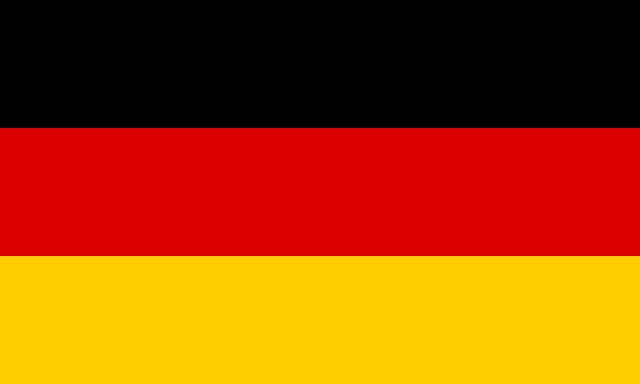Bhutan Tshechu 2024
Tshechu, a vibrant annual festival held in Bhutan, draws not only the local population but also countless international visitors eager to witness the rich tapestry of cultural and spiritual practices that unfold. Bhutan Tshechu 2024 promises an even more splendid array of traditional dances, elaborate costumes, and a deep dive into Bhutanese heritage. This festival, deeply embedded in the spiritual ethos of this Himalayan kingdom, offers a window into the soul of Bhutan.
Historical Background of Tshechu
Tshechu, translating to “tenth day,” is held annually in various temples, monasteries, and dzongs across Bhutan to commemorate the birthday of Guru Rinpoche, the saint who introduced Buddhism to Bhutan in the 8th century. This tradition has morphed over the centuries but has always retained its core purpose: to enlighten and entertain, bridging the mundane with the divine.
As we delve deeper into what Bhutan Tshechu 2024 has to offer, it becomes evident that this festival is not just a series of events but a profound journey through Bhutanese life, spirit, and community bonding.
What to Expect at Bhutan Tshechu 2024
Mark your calendars for Bhutan Tshechu 2024, expected to take place across several significant venues, including the Paro Dzong and Thimphu Dzong, among others. The festival schedule is meticulously crafted to showcase the best of Bhutanese culture with a lineup that spans several days and features mask dances known as Cham dances, which are the heart and soul of Tshechu festivities.
Cultural Significance of Tshechu
At its core, Tshechu is a spiritual event, making profound impacts on participants and observers alike. It serves as a spiritual cleanse, a social gathering, and a celebration of Bhutanese heritage. Each mask dance performed during Tshechu is a narrative in motion, depicting stories from Buddhist mythology that are steeped in moral lessons and spiritual guidance.
Iconic Mask Dances and Their Meanings
Each dance at Tshechu is performed by monks or laymen wearing elaborate masks and costumes. These dances are not mere performances but acts of meditation and teaching. For instance, the Dance of the Lords of the Cemetery reminds observers of the impermanence of life, while the Black Hat Dance symbolizes the triumph of good over evil.
Traditional Music and Instruments Used in Tshechu
The music that accompanies the dances is equally rich in tradition, featuring instruments like the drangyen, a traditional lute, and lingm, a bamboo flute. The music sets the tone for the dances, guiding the performers and audience through a spiritual narrative that resonates with the vibrancy of Bhutanese culture.
As we continue to explore the many facets of Bhutan Tshechu 2024, from the intricate handicrafts to the delicious cuisine and beyond, it becomes clear that this festival is a cornerstone of Bhutanese identity and an event that offers a unique glimpse into the kingdom’s soul. Join us as we journey through this magnificent cultural celebration, where every moment is a brushstroke in the grand painting of Bhutanese spiritual and cultural life.




